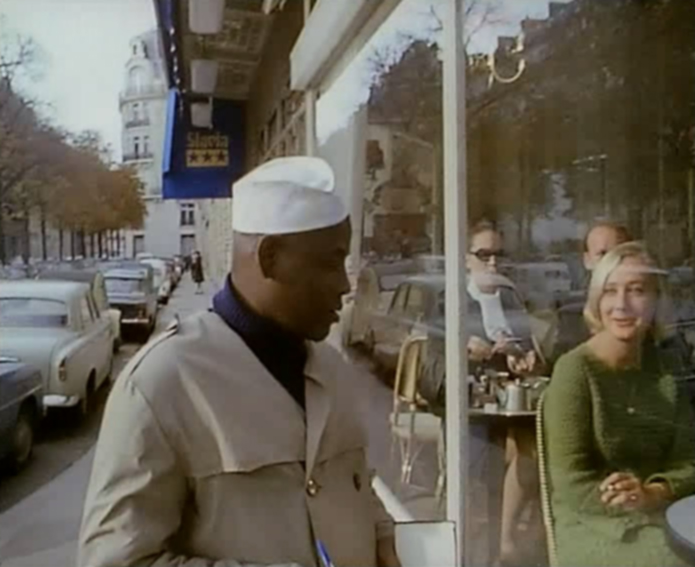Jean Rouch
"Cinema is a wonderful tool to approach people, cultures, societies, on the condition that it is at the service of the liberty of thinking and acting. I have always used cinema in that sense. To break interdictions and taboos. It is without a doubt this dimension of my work that explains the scandals that my films have oftentimes caused."
Jean-Luc Godard once called him the savior of French cinema, and Jacques Rivette even deemed him “more important” than Godard in that regard, although he deplored that “too few people realize it”. Half a century later, a decade after his passing, the work of Jean Rouch still feels overlooked. Yet one could also say that it is overbranded. For some Rouch is an ethnologist who made films, for others he is a filmmaker who practiced ethnology. In the annals of film history he is credited for launching the “cinéma vérité” movement, elsewhere he is celebrated for introducing the concept and practice of “shared anthropology”. But for all these credits and praises, labels and titles, there’s another designation that does him as much justice, if not more: that of bricoleur. The joy and patience of researching and inventing, with whatever is at hand, with whatever comes one’s way: isn’t that what Godard meant when he said of Rouch that he “hasn’t stolen the title on his visiting card: in charge of research for the Musée de l'Homme”, before adding: “Is there a better definition for a filmmaker?”
Always the tinkerer: he started filming with a hand-held camera when he lost his tripod in some rapids on the Niger river, and he developed voice-over narration because synchronized sound was at first unavailable to him. But he was also one to inspire a love of tinkering in others: if he eventually became one of the first filmmakers to use a 16mm camera with sync sound – so crucial for the development of the cinematic new waves – it was because he stimulated engineers André Coutant (Éclair camera) and Stefan Kudelski (Nagra tape recorder) to explore unchartered pathways - as he did with many of his companions and co-workers. When he asked Damouré, a Sorka friend, to help him film a hippopotamus hunt, it set off a collaboration that would last almost four decades: Damouré not only captured the sound for many of Rouch’s films, but he also played one of the central characters in Jaguar (1954 -1967) and its follow-up Petit à petit (1970). Always the improviser, the passionate lover of jazz and surrealism: Rouch was the one who, again according to Godard, provided the affirmative answer to the great question: can art be consonant with chance? He was the one who showed that documentary and fiction, reportage and mise-en-scène, are not at all mutually exclusive, that choosing one always tends to lead to the other. He was the one who dared to challenge us to embrace our uncertainties and serendipities: “The moment you have doubts”, he said, “everything is possible.” Always the go-getter, the paragon of Catalan perseverance that kept him going against all odds, in resistance to all taboos and restrictions, all the way guided by a beautiful old surrealist motto that he ultimately made his own: “Gloire à ceux par qui le scandale arrive”.
In the context of the research project “Figures of Dissent (Cinema of Politics, Politics of Cinema)” KASK / School of Arts. www.kask.be
